Hollywood Jew: In your documentary about his disgraced mayoral campaign, Anthony Weiner seems completely oblivious to the emotional pain he causes those around him. Do you think he was he shaken by the magnitude of the consequences to what he did?
Josh Kriegman: In the film, he talks about how the same constitution that led him to do the dumb things that he did is the same thing that allowed him to weather the media storm without it gutting him. He does acknowledge a kind of distance from his emotions that I think served him. Part of why that’s interesting is it’s one those qualities that served him well in politics, but ultimately led him to do things in other parts of his life without being fully cognizant of the emotional consequences.
Elyse Steinberg: I think he’s a very complicated person. This question of ‘What was he thinking?’ is a question everybody has. In the film you get to see many different sides of him. But there is this quality to him that is very Shakespearean-esque, where [there is] insight and awareness but then blindness, and then naiveté. But you know, that’s everybody, really. It’s a very universal kind of thing to have flaws.
[RELATED: In ‘Weiner,’ a hurt and angry high-profile wife]
HJ: Do you really think the flaws he has are universal?
ES: I think he is a complicated character which is why he’s a great subject for a documentary, [and] why everyone’s talking, and why people are asking these questions. In our film, for the first time, you get to hear some of his honest reflections about why he did the things that he did. He says it was hard for him to have normal relationships. [And] you do see him acknowledge at end of film, ‘I have this incredible ability to fuck up things day by day.’ So you see these moments, but you also see him not destroyed by these events. I think something people can relate to or almost admire is that after the sexting scandal, despite worldwide condemnation, he doesn’t go into a corner and cry.
HJ: Commenting on media treatment of the Weiner saga, the social critic Camille Paglia said, “I have been amazed by the almost total absence of psychological critique in news analyses of the silly Weiner saga. For heaven’s sake, Weiner is no randy stud with a sophisticated sex life that we need to respect. The compulsion to exhibit and boast about one’s penis is embarrassingly infantile — the obvious residue of some squalid family psychodrama in childhood that is now being replayed in public.” Why do you think he was drawn again and again into a trap that would ruin him?
JK: You mean, why did he do it? A lot of people come to this story wanting the answer to that question but I don’t know if there’s a satisfying and complete answer to it. [Anthony] says in the film that politicians are in some ways probably wired to need attention. And he acknowledges that part of what it meant to be successful in politics was this craving for attention and affirmation. And he thrived in this world of superficial and transactional relationships.
HJ: Do you think he managed the crisis as effectively as he could have?
JK: He certainly doesn’t think he did. He made all kinds of mistakes that he openly acknowledged.
HJ: Do you think he’ll ever return to politics?
JK: The question of his political future is one of these open questions. He has said he doesn’t think he has a political future. He acknowledged that he had his second chance [and] I think he understands there’s probably not a third chance. But one of the interesting things about where we are in our politics right now is that nothing seems predictable anymore. He certainly has extraordinary political talents and I think they come through in the film.
HJ: Is it surprising to you that as a country we tolerate someone as offensive as Donald Trump and yet we’re horrified by Anthony Weiner doing silly things online?
ES: One of the exciting things for us is that this film is about more than Anthony or any one campaign — it really provides a look at how our politics today is driven by an insatiable appetite for entertainment and spectacle.
JK: Speaking of which, on the screen behind us [on CNN] is the ‘Trump denying he posed as his own publicist in phone interviews’ headline. I mean, it’s literally playing out as you’re describing…
ES: While Anthony and Trump are very different — both personally and politically — I do think they both understood, that in order to get votes and get attention, you need to put on a show.
HJ: After spending so much time with Anthony Weiner and watching him go through this outrageous spectacle, I have to ask: Do you like him?
JK: I’ve known him for a long time. We definitely have a history. And I guess I would say there is a lot about him that I really like. For all of his flaws, he’s incredibly smart, he’s incredibly funny and witty, he has this kind of insatiable drive. He’s a really tough guy. And he was willing to put himself out there and fight for things he believed in. For progressives, that was something that resonated in a major way because there’s this yearning [among progressives] for a warrior out there, [who will fight] on behalf of progressive ideals. And he really spoke that language.
HJ: Let's talk about Huma. Even though you set out to record Weiner, so much of the attention has been focused on his wife, Huma Abedin. It’s obvious why he agreed to do this, but why did she?
ES: Towards the end of the film we ask Anthony, ‘Why did you allow us to film?,’ and he says he wanted to be viewed as the full person he was, and not as a punch line. And I think the same is true for Huma. She was reduced to a caricature and a punch line; there was lot of judgment against her, especially being a woman. And I think there was a hope that this film could offer a more complete and fair picture. Because you get to see a different side of her; you get to see her as a multifaceted person: she’s a wife, she’s a mom, she has a really important job. There is this naturally tendency to judge these women. And Huma, along with other women whose husbands have done something wrong or embarrassing, has been criticized for staying in the marriage. Our hope with this film is to question those judgments. Shouldn’t a woman be able to make her own decisions without that judgment? Why should we judge women for mistakes made by their flawed husbands?
HJ: But I can’t imagine that she’s happy with this. I interviewed someone recently who has worked for various administrations for over thirty years and he believes this documentary is going to damage her politically. Because it’s so humiliating. And maybe people will question her judgment. Do you really think this is a good thing for her?
ES: Yeah I do, I really do. We have no control over how various people are going to see our film, and truthfully, we’re excited about the different reactions people have. But I do think it offers a more nuanced portrait. You get to see them as a relatable couple, living in New York, raising a kid.
JK: People are free to judge however they want, but the intention with the film for both Anthony and Huma, is to call into question those judgments, and acknowledge there’s more to these stories than we learn from tabloids and headlines. If the film is just seen as more fodder for judgment, that’s missing the point.
HJ: Do you think Huma sees it that way?
JK: I don’t know. She hasn’t seen the film. So we don’t know yet. We offered to show the film to Anthony and Huma many months ago, and they said ‘No.’ We offered a number of times.
HJ: So you were obviously very close to them and had a lot of access to them and now they don’t even want to see the film. Why is that?
JK: I don’t know. We really don’t know. Anthony has said he’s not eager to relive it..
ES: We offered to show it to him many months ago.
JK: Before the film premiered at Sundance. We respect however he wants to engage with the film.
HJ: Let’s say they’ve distanced themselves because it’s too painful for them to see this. As filmmakers, do you feel any guilt or regret or responsibility for the fact that it started in a positive way, with good intentions, but that those good vibes have shifted?
ES: I think our film offers a more nuanced picture about Anthony and Huma. And while we wanted it to be entertaining, we didn’t want to fall into stereotypes and we didn’t want to do easy jokes.
HJ: Okay, but I just want to push you a little bit on the question of ‘What is the responsibility of the filmmaker?’ here. When you look back and reflect, does it feel at all bad that this couple who granted you access to their innermost sphere is now putting up a wall because perhaps they perceive this is harmful to them?
JK: I don’t know that any of what you just said is true.
ES: I don’t think there’s a wall there.
JK: From the very beginning, Anthony wanted a more complete version of his story told. That’s why he let us in and why he allowed us to continue filming throughout. One of the ground rules going in was: if he, or she, or anyone, ever wanted us to stop filming, they could ask us to turn off the camera. And that happened a few times. So, they haven’t seen the film and we can’t speak for them about how they feel about it, [but] I do think we’re proud of the film that we’ve made. We really feel like we’ve done our best to take these people who really did become punch lines and show them as full people.
HJ: How do you think their marriage survived not one but two major crises? Did you sense something more than loyalty, perhaps love?
ES: Nobody can really judge a person’s relationship from the outside. Three years later, they’re still married. She’s still working for Secretary Clinton. She didn’t have to make any choices here.
JK: There’s this impulse to want to understand and to know and figure out their marriage, but at the end of the day, I don’t think we can really judge their relationship. There’s obviously something there that drew them together in the first place and keeps them there.
ES: One of the things about showing those private moments is showing what it means to be at center of a media firestorm. We see these things play out all the time, but you really never get the opportunity to be in the room and show the humanity behind it all.
JK: It’s more complex. There’s a lot of judgment in columns or headlines about ‘oh she should leave him’; and what you see in the film, I hope, is that this is a real relationship.
HJ: I have to hand it you: You’re very good at sticking to your talking points.
JK: You don’t like our answers?
HJ: As a feminist, it bothers me that what is otherwise a riveting documentary could have consequences for Huma in the political arena — especially when she works so hard and she was not the one who created this mess, even though she married it. As a journalist, I think sometimes we have to acknowledge that even with the best of intentions, our stories can have unintended consequences.
JK: If you’re going to write a story or make a documentary, of course there can be consequences to the story. At the end of the day, I don’t feel I can judge them. I really don’t. If the only things to come out of this film are headlines lambasting Huma, that’s a real shame. That’s not what we hoped [for].







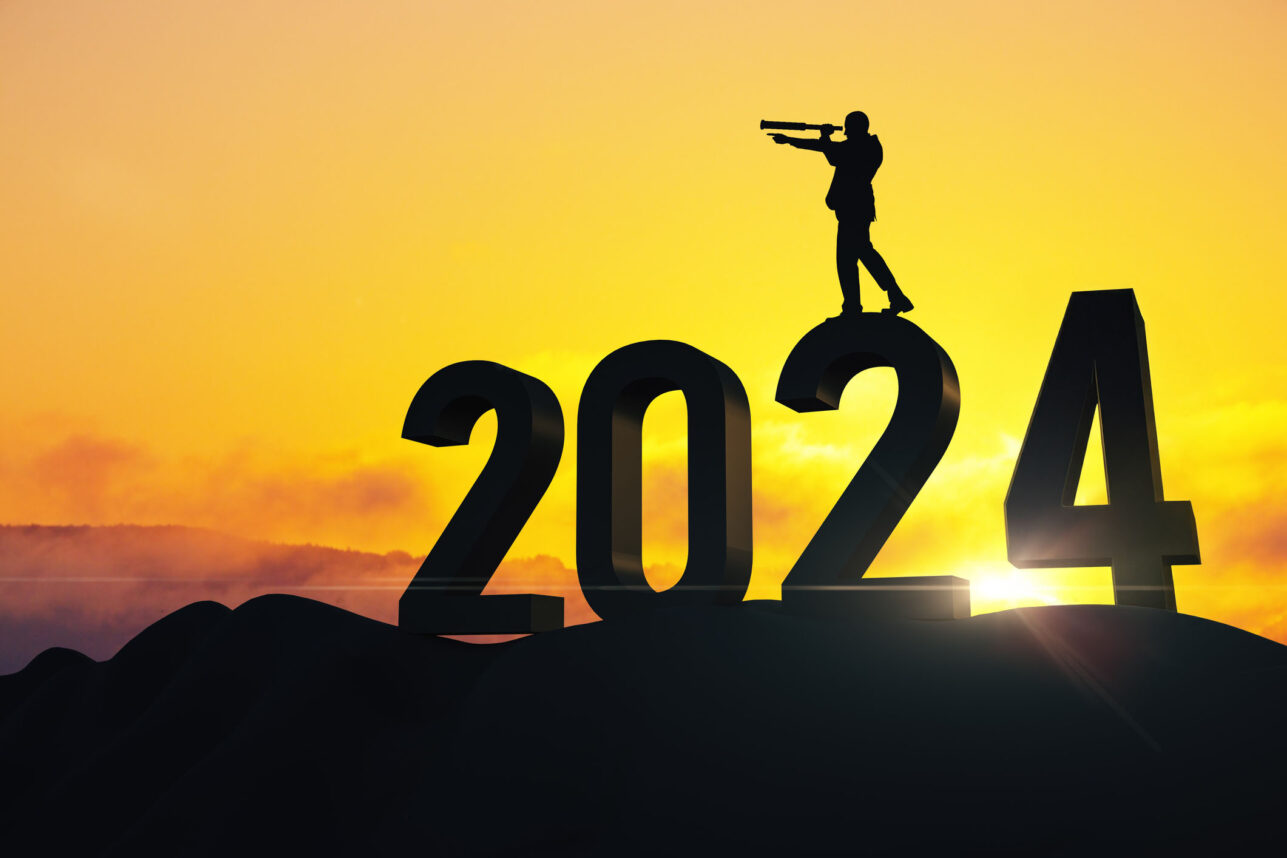
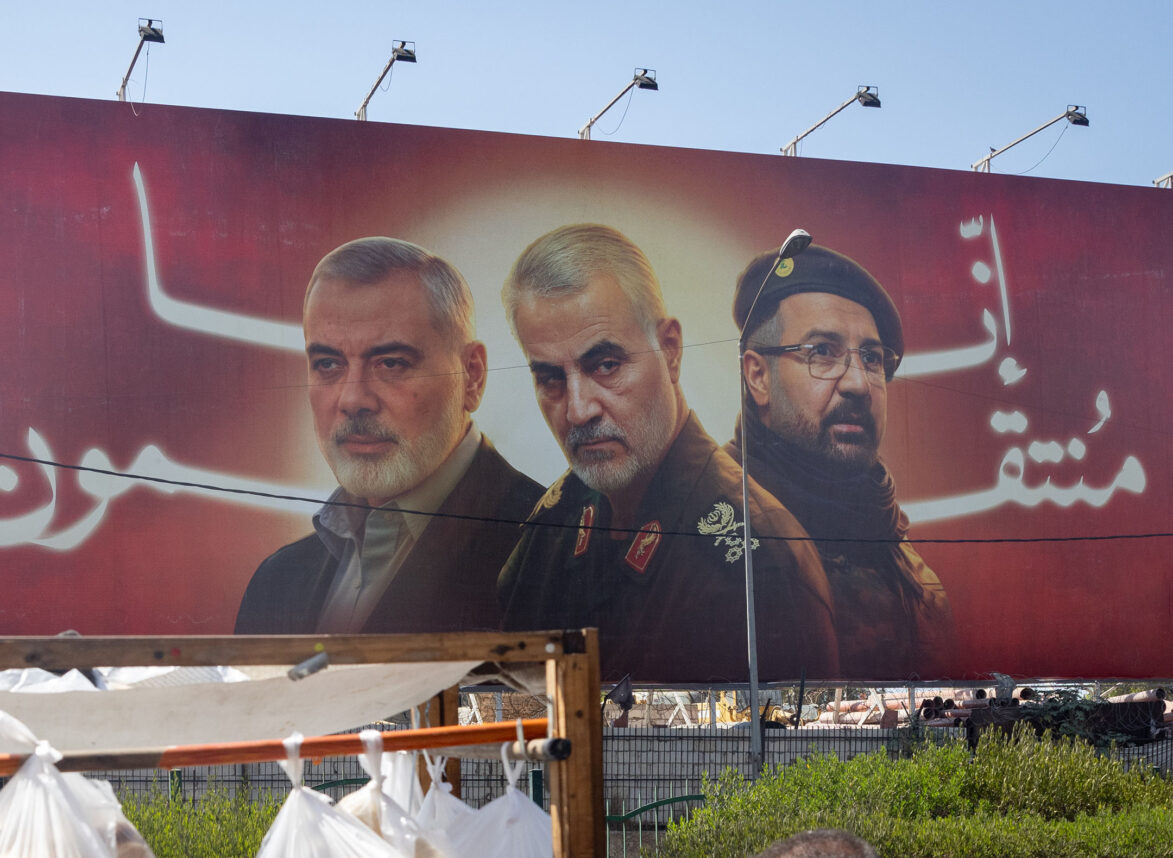



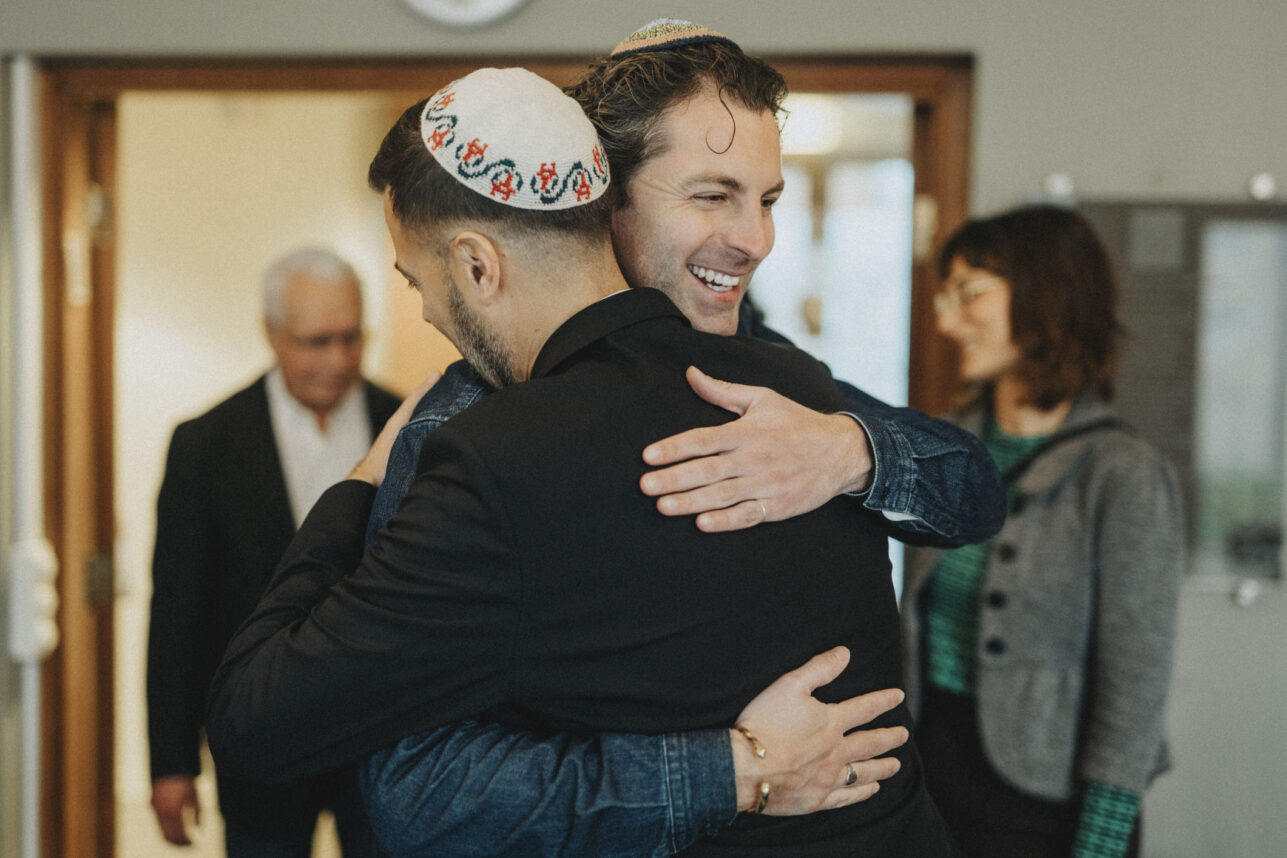
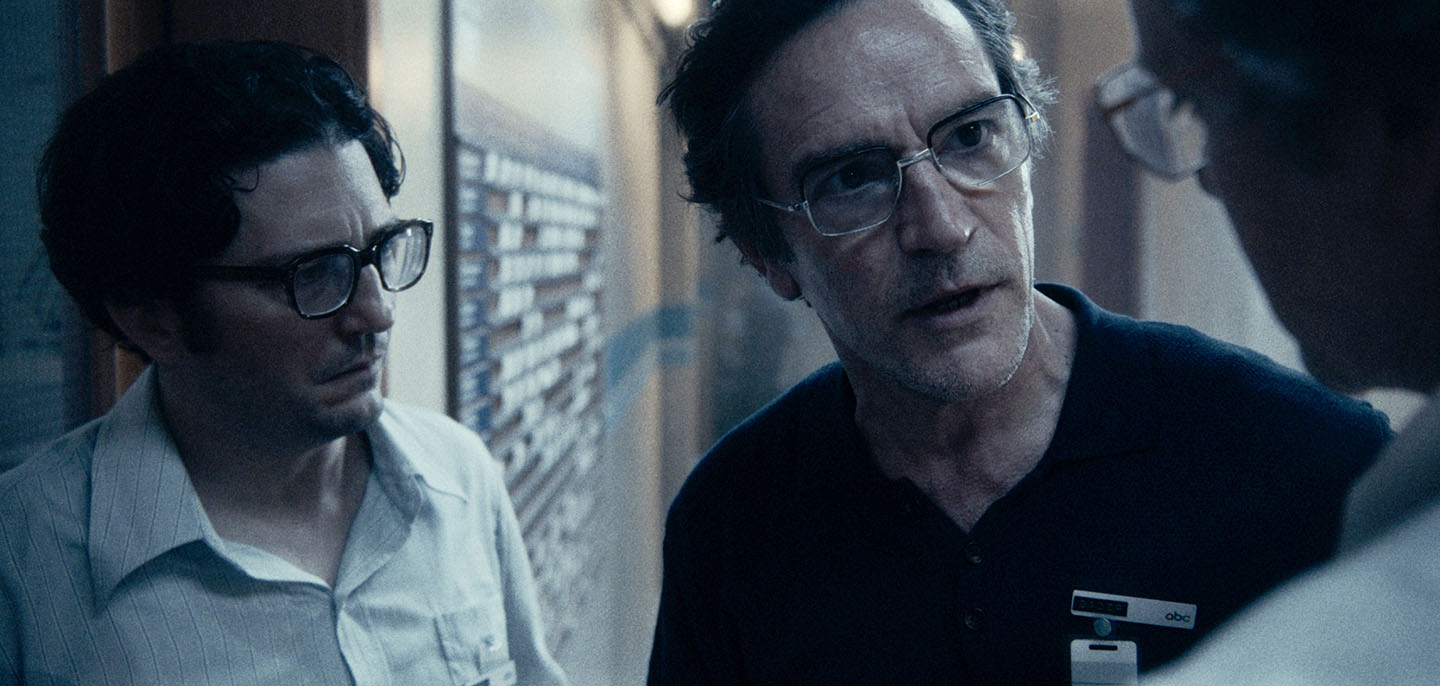

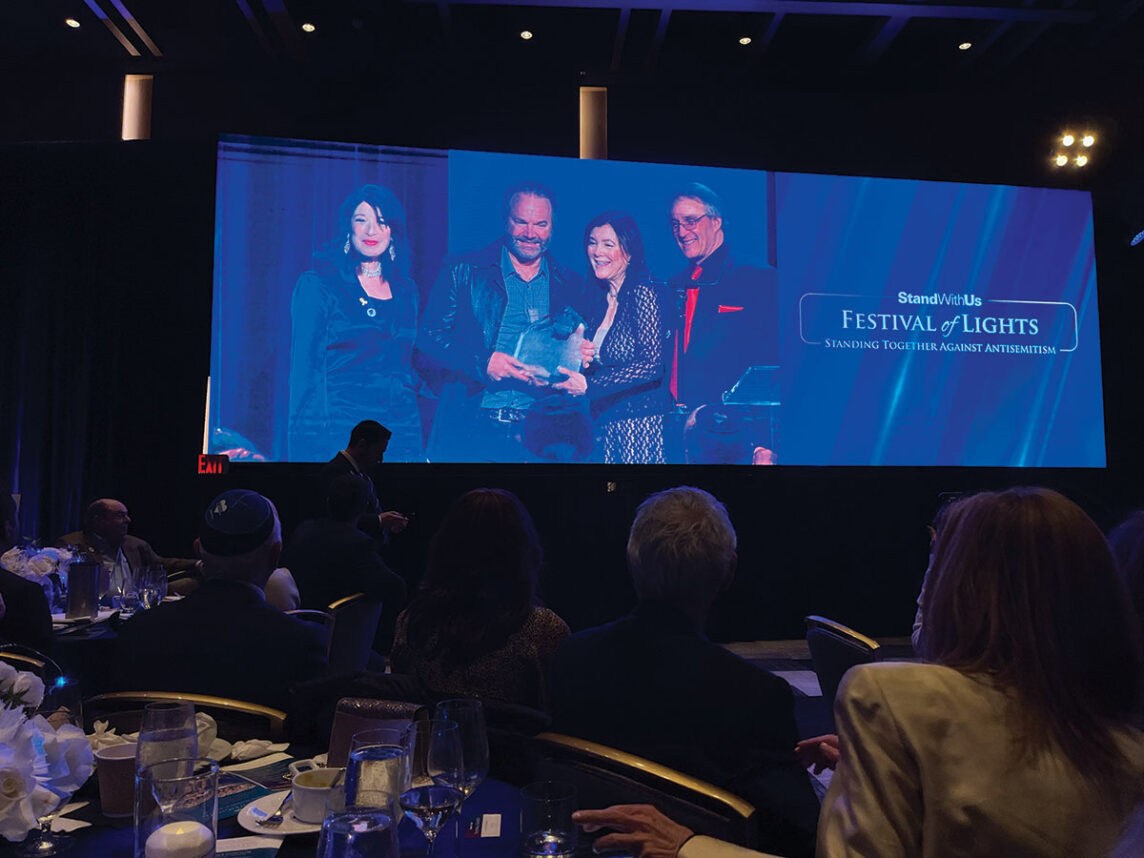






 More news and opinions than at a Shabbat dinner, right in your inbox.
More news and opinions than at a Shabbat dinner, right in your inbox.